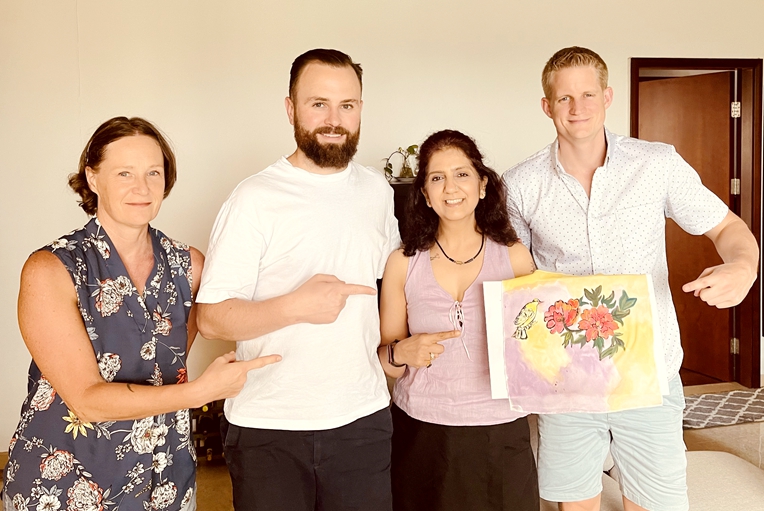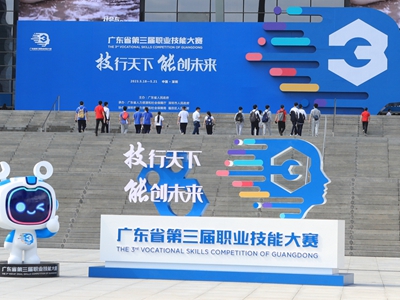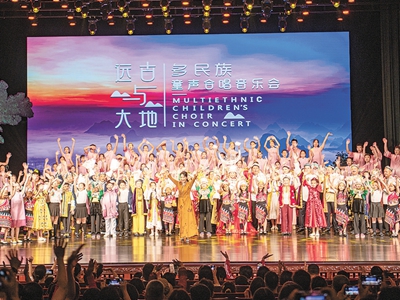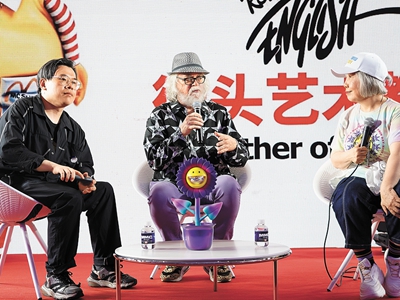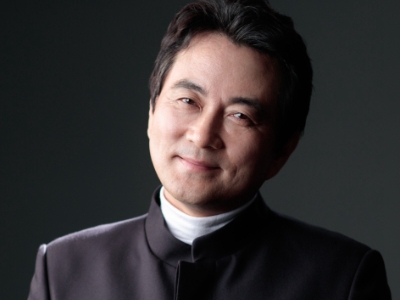‘One country, two systems’ makes HK more prosperous
Writer:
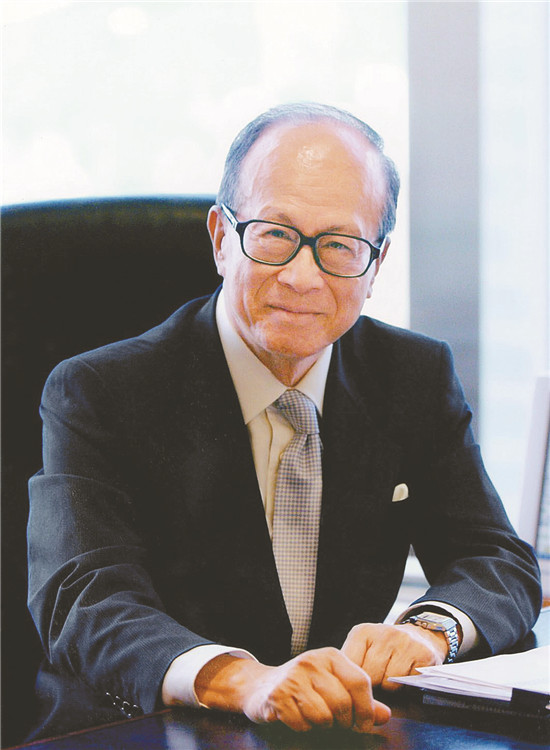
Li Ka-shing
Hong Kong’s wealthiest man Li Ka-shing said “one country, two systems” has provided the region with “front row seats” in the country’s development, enabling it to participate in various national development plans.
“‘One country, two systems’ not only ensured the stability of Hong Kong after the return, but also created time and space for its people and businesses to thrive and evolve with a stable social foundation and structure in an increasingly competitive environment,” said the 88-year-old billionaire and chairman of CK Hutchison Holdings and CK Property Holdings.
With policy dexterity, both Hong Kong and the mainland could stay competitive, enjoy multiple returns in a high economic growth age, he added.
The Belt and Road Initiative, in combination with innovation and infrastructure investment, will certainly become another conduit of growth, Li noted.
Over the years, Hong Kong’s overreliance on finance and real estate has been a concern about its future development. Some people worried that there was not enough space for the development of other industries.
In Li’s view, high growth returns in the future will be innovative and tech-centric, and the government needs to make more efforts in boosting investment and promoting education and reform. “This is the same for both the mainland and Hong Kong,” he said.
Allan Zeman, chairman of Lan Kwai Fong Holdings Ltd., also spoke highly of the “one country, two systems” principle, saying it not only helps maintain Hong Kong’s advantages and but also gives confidence to overseas companies to set up offices here. “Before 1997, 75 percent of our business was from foreigners. Now it is the opposite. Around 75 percent of the guests are local, and they have become much more international nowadays,” said Zeman, who has been living here for nearly five decades.
Lan Kwai Fong group in recent years has entered into various cities across China, including Chengdu, Wuxi, Shanghai and Haikou. “We are quite optimistic about Chinese consumer spending, and we will continue to open in more cities on the mainland,” he said.
Zeman said famous brands that are “made in Hong Kong” such as Lan Kwai Fong and Ocean Park can also set foot along the Belt and Road routes and the Guangdong-Hong Kong-Macao Greater Bay Area as important soft power. “Each place in the bay area has its own strength, and we need to find a way for them to work together,” he said. “It presents great opportunities for Hong Kong.”
Tse Kwok-leung, head of policy and economic research of Bank of China (Hong Kong), agreed that every stage of the development of Hong Kong’s economy is closely related to the development of the mainland.
“Hong Kong has become the world’s most service-oriented economy since its return to the motherland,” said Tse. “This is a result of closer cooperation between Hong Kong and the mainland.”
In 1997, the service sector generated 85 percent of Hong Kong’s GDP; in 2016, the percentage has risen to 92.6 percent.
“Hong Kong has served as a super-connector between the Chinese mainland and the world, and it is also the best partner of ‘going global’ with the mainland,” said Choi Koon-shum, chairman of the Chinese General Chamber of Commerce of Hong Kong.
“‘One country, two systems’ was an amazingly subtle and wonderful idea and has been great for Hong Kong,” said John Slosar, chairman of the Swire Pacific Ltd., adding the policy assures both Hong Kong and the mainland get the best of what they have already achieved and continue to develop.
With confidence in Hong Kong’s future, the group will go on investing in Hong Kong, including expanding the real estate, airline and beverage sectors, said Slosar.
“You can still see that a lot of people are skeptical about China, but if you look at the past history, China has always been better than people thought it was going to be,” Slosar said, “I think China’s future is a good one.”(Xinhua)
